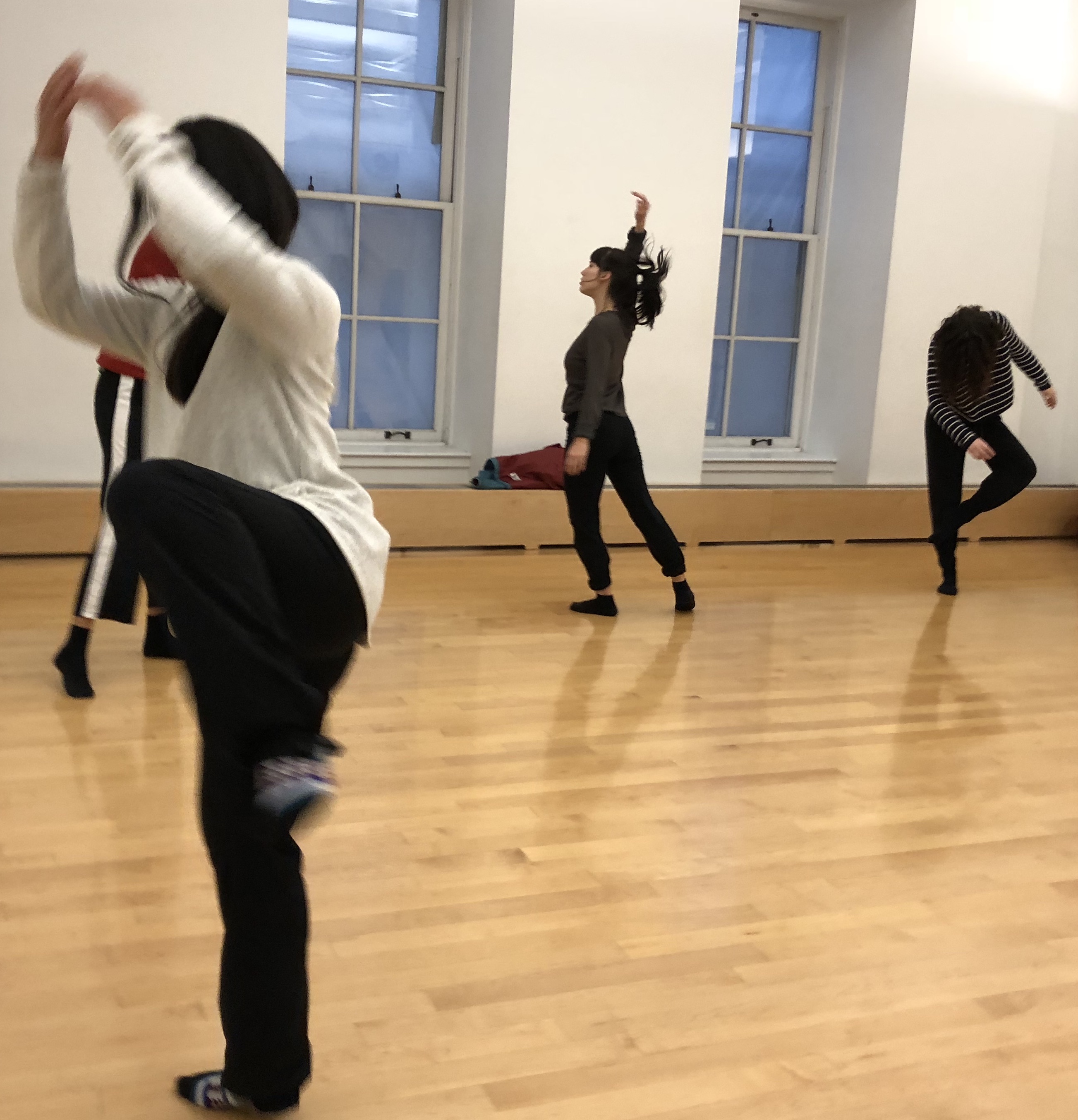
I am writing this post for both teachers and learners. Both of us have been on one side or the other of that equation at some point in our lives, even if it’s only with our children.
In my experience, emphasizing excellence does not bring the desired result. It only causes over-efforting and disappointment, because it assumes that excellence is definable in some kind of standard way. It also implies, in English anyway, that there is something at the top of a hierarchy called “excellence” that everything else will be judged by. It is very linear and does not reflect the reality of learning at all.
Learning happens in for me more in starbursts, or side trips, or waterslides into giant pools of muck.
Many of us have traumas around learning, especially in trying to understand words or verbal requests. Zoom has exacerbated this because words are all we have! Many teachers also have traumas around it actually.
Have I understood what the teacher said? How do I know? Have I communicated clearly with the student? When it comes an individual’s experience of their own moving body and the words a teacher uses, there are so many possible interpretations that happen between a teacher expressing a verbal instruction, the student receiving it, and the non-verbal experience of one’s own movement, it’s kind of mind boggling.
I’m really interested in defusing that situation.
So my favorite new teaching word is, drum roll,
ORDINARY
That’s not a word you hear in dance classes right? Actually, I can’t say I’ve ever heard it in a movement class of any kind.
If you find yourself in a learning environment, try adding this word to whatever instruction you get:
– ordinary jump
– ordinary run
– ordinary stretch
If you are a teacher, try giving this word as a possible way in which your students can explore a question or activity.
I find it so refreshing. Right now, can you move your hands and arms in an ordinary way, just to see how they work? Try simple actions:
– swing
– fold joints
– unfold joints
– some bones can turn in their sockets, and some can’t. Which ones?
Notice the sensations you have as you move in ordinary ways. Don’t dance!
For me, it makes clear that there is no such thing as ordinary, which means there must be no such thing as excellent.
This is the kind of exploration I’ll be using in my upcoming class on legs. Yes, we cover alot of anatomical information, and we detail very specific locations and connections within the body. Step by step, we bring alive parts of the body that may have slipped out of your awareness long ago, or other parts that may have never consciously been combined with other parts. Yet, the capacity to do that is quite ordinary and doable, nothing special…and yet so so satisfying. I hope you will join us!
You can find out more about the workshop HERE.
WAYS TO CONNECT:
1) Want an individual course of study?
I teach classical Alexander Technique, Alexander through the lens of developmental movement, and Mobile Body Alignment™. If you would just like to meet and talk, you can book a free 15 minute consultation.
Book a single private session ONLINE or IN PERSON. In person lessons are only on Wednesdays, at Balance Arts, 151 West 30th Street and slots are limited.
Mobile Body Alignment™ addresses each specific body part and segment of our nervous system, wrapping distinct and articulate parts back into a sense of your embodied wholeness. You can use it to target specific issues in surprising ways. It’s a super fun problem solving system! We can design a course of study based on your specific issues and needs.
2) Facilitated Mastermind for online embodiment educators:
Only 2 spots left in the upcoming double value 6 month facilitated Mastermind! It’s open all varieties of embodiment educators who want to thrive physically and financially in the online space. The next group starts May 12 so book your interview soon.
3) Need to re-juvinate but still struggling financially during this dreadful pandema-recession? Check out my YOUTUBE CHANNEL.
